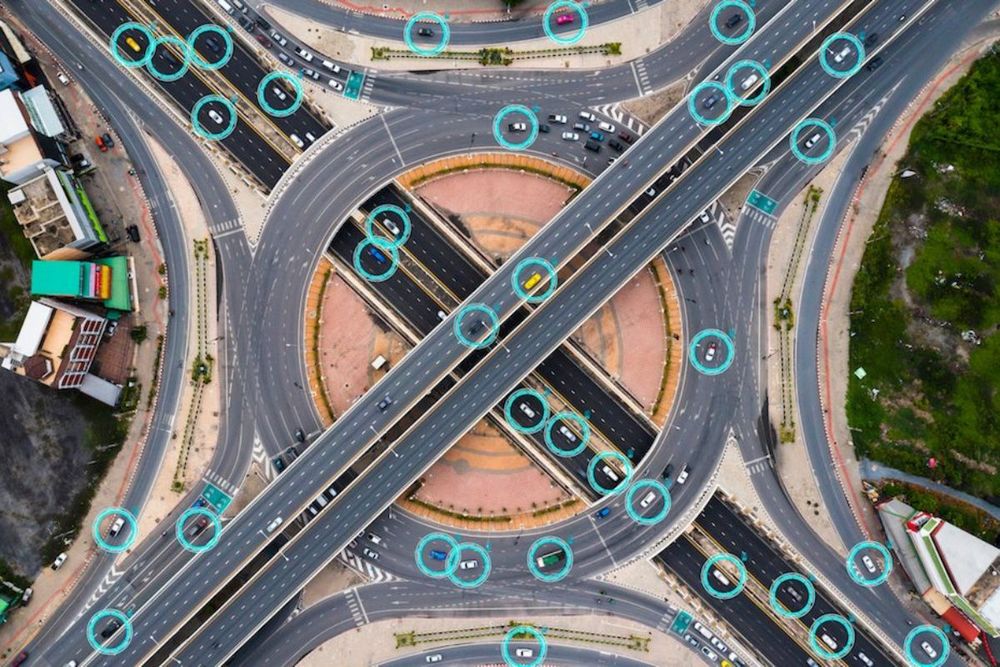Six million electric cars (battery electric and plug-in hybrid) will be shipped in 2022, up from 4 million in 2021, according to Gartner
Gartner forecasts that electric cars (EVs) will represent 95 per cent of total EV shipments in 2022 and the remainder will be split between buses, vans and heavy trucks.
“At COP26 in November 2021, the Zero Emission Vehicle Transition Council agreed that vehicle manufacturers will commit to selling only zero emission vehicles by 2040, and earlier in leading markets, putting pressure on the automotive sector to prepare for the decarbonization in transportation. EVs are an important powertrain technology to help reduce CO2 emissions from the transportation sector,” said Jonathan Davenport, research director, Gartner.
“The ongoing shortage of chips will impact the production of EVs in 2022, and while shipments of vans and trucks are currently small, their shipments will grow rapidly as commercial owners see the financial and environmental benefit of electrifying their fleets.”
With China imposing a mandate on automakers requiring that EVs make up 40 per cent of all sales by 2030 and automakers establishing new factories for manufacturing electric cars, Gartner estimates that Greater China will account for 46 per cent of global EV shipments in 2022. Greater China will take the first position in shipments globally, shipping 2.9 million EVs in 2022.
Western Europe is on pace to ship 1.9 million units in 2022, ranking second in EV shipments. North America is expected to be the third highest region in shipments at 855.3 thousand EVs in 2022.
“The EU’s plans to cut CO2 emissions from cars by 55 per cent and vans by 50 per cent by 2030 is a catalyst to the uptake of EVs in Europe,” said Davenport.
As governments across the world introduce new regulations and incentives to fuel EV sales, the automotive industry is also increasing investment in companies that provide charging infrastructure and vehicle battery technology to support and bolster the transition to EVs by consumers and businesses. Gartner forecasts that the number of global public EV chargers will rise from 2.1 million units in 2022, up from 1.6 million units in 2021.
To foster the transition to EVs, automotive manufacturers will have to address several factors such as lowering the price of EVs and batteries, recycling EV batteries, offering a wider selection of vehicle models with more extensive driving range and improving charging infrastructure.
“Additionally, a major issue that must be addressed is lack of fast-charging availability for home and public charging,” said Davenport. “Utility providers will need to increase their investments in smart grid infrastructure to cope with the growing consumption of electricity. Additionally, to meet climate change ambitions, countries which utilize fossil fuels to generate electricity will need to redesign their power generation to respond to the transition.”
Meanwhile in the GCC region, Al-Futtaim’s Trading Enterprises, the official distributor of Volvo Cars in the UAE, has unveiled its first fully electric car to the Middle East, the XC40 BEV, a compact SUV designed for modern urban living. The new car was revealed at the recently-launched Volvo Studio, located in Dubai Festival Plaza, Jebel Ali.
News Source: Gulf Business









